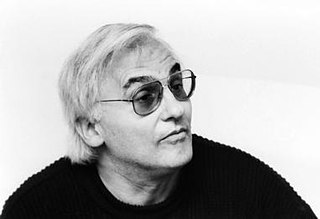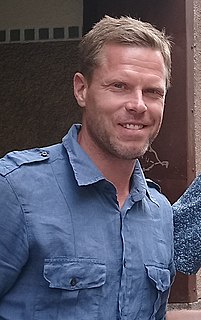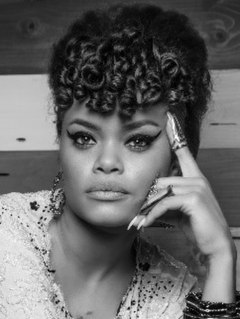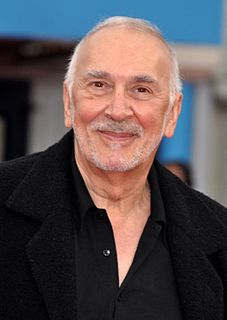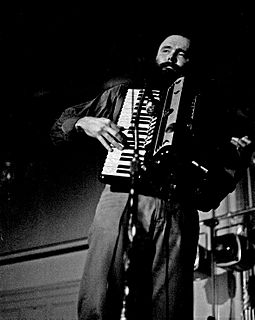A Quote by Paul Bley
I anticipated all the changes in jazz because they were all problematical things, that I was dealing with myself. In New York in the late '50s, there were a lot of experiments being made on how to avoid playing popular standards and how to get improvising out of those constricting formats.
Related Quotes
I visited New York in '63, intending to move there, but I noticed that what I valued about jazz was being discarded. I ran into `out-to-lunch' free jazz, and the notion that groove was old-fashioned. All around the United States, I could see jazz becoming linear, a horn-player's world. It made me realize that we were not jazz musicians; we were territory musicians in love with all forms of African-American music. All of the musicians I loved were territory musicians, deeply into blues and gospel as well as jazz.
I just saw a recent television program about art, and it was saying how from the end of the Second World War, so much of what our culture is comes from not just the United States in general, but New York in particular. In my case, I can't imagine my life without the extraordinary bebop jazz revolution in New York in late '40s and '50s.
I have always loved jazz music and as a teen growing up in New York City and then later on as an adult have great memories of the jazz clubs that were all located on 52nd Street. I still catch as many jazz shows as I can when I am in New York. And when I perform, I have my jazz quartet by my side. Jazz musicians keep things spontaneous and very "live," which is the way I like to perform.
It's amazing being a member of perhaps the last analog generation - being born in the late '40s, growing up in the '50s and '60s, when it was still a very analog world. And in New Orleans those days, the country was just next door, as it were. You didn't have to travel miles and miles to get out in the woods. There's tons of fishing, obviously, in New Orleans, and tons of hunting. That was part of the cycle of life, to get fresh meat from the butcher or go duck hunting and get it yourself. It wasn't malicious or insensitive. It was just there, and you used it.
Of course we've lost so many superstars who've made jazz what it is. We've lost so many musicians who created new things and changed the way we think about music and who took jazz to a new level. So jazz is suffering from that. But we still have a lot of incredible people playing jazz in the world. We have a lot of people leading the way.
A lot of the reason I left New York, in addition to being so broke, was that I just felt I was becoming provincial in that way that only New Yorkers are. My points of reference were really insular. They were insular in that fantastic New York way, but they didn't go much beyond that. I didn't have any sense of class and geography, because the economy of New York is so specific. So I definitely had access and exposure to a huge variety of people that I wouldn't have had if I'd stayed in New York - much more so in Nebraska even than in L.A.
